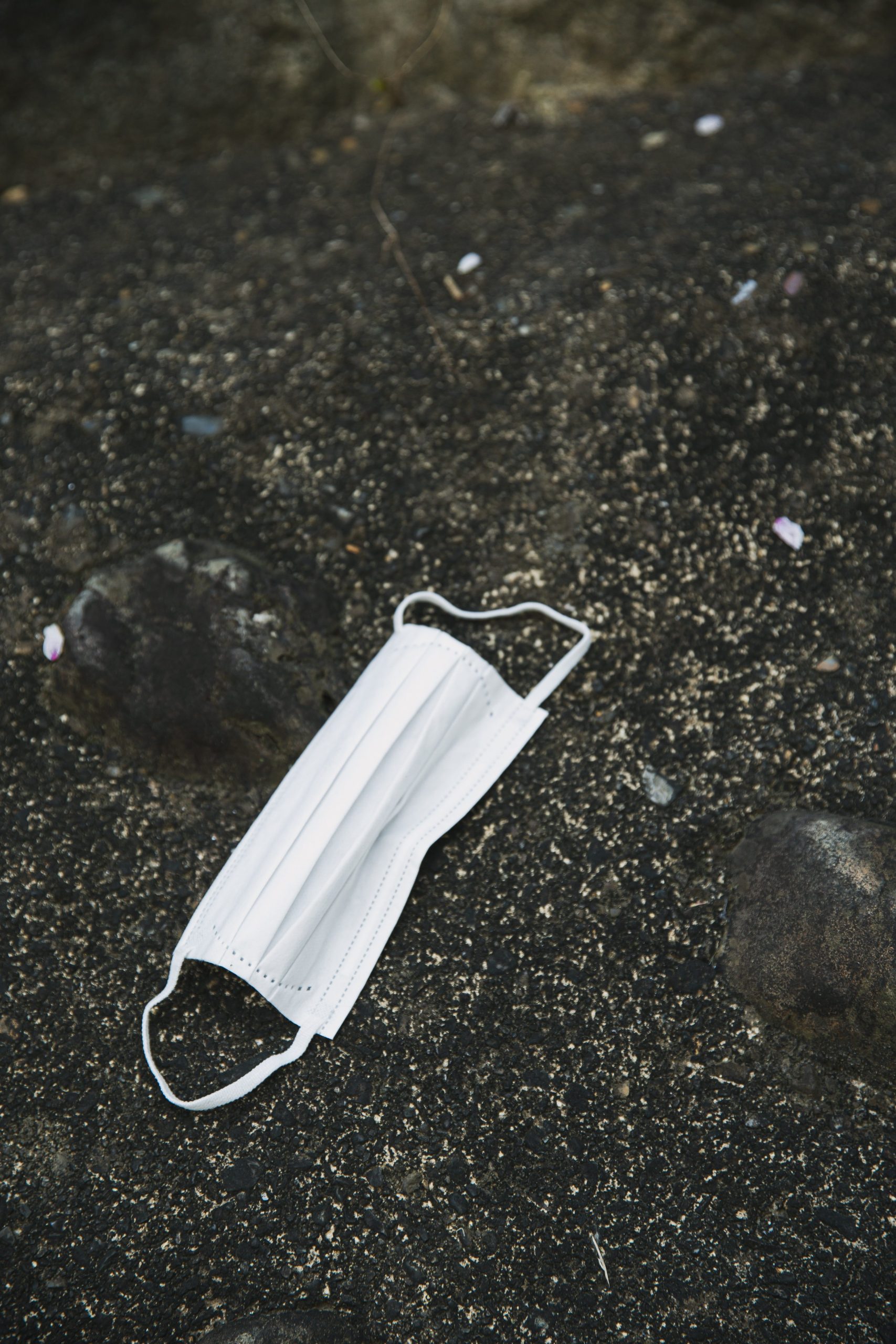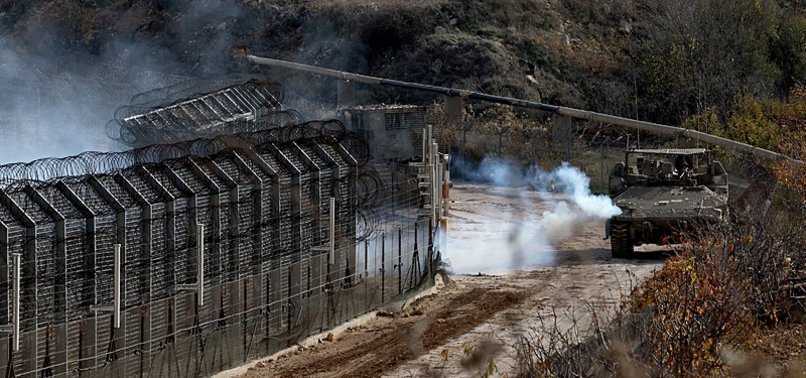PPEs (Personal Protective Equipment) have become an indispensable part of our everyday “new-normal” life, especially for those of us who are frontline workers.
PPEs include not only face masks, but face shields, gloves and gowns and they have been critical in keeping us and our frontline workers safe and protected during the COVID-19 pandemic. They are versatile, affordable and abundant. However, they are made out of plastic and are mostly single-use, making them increasingly harmful for our environment.
It comes as no surprise that more PPEs have made their way into nature given the high demand for them and increased production and usage during the pandemic. China, the world’s biggest face mask manufacturer, reported a daily output of face masks of 116 million units during the early stages of the pandemic in February last year.
Disposable medical masks are generally made from a polymer called polypropylene – a dense thermoplastic that is non-biodegradable and cannot be recycled.
Read also: Mummy brain: Scientific truth or the perfect excuse?
It is estimated that plastic items made from similar materials can take decades to degrade. Similarly, disposable gloves are made from cheap plastics such as polyvinyl chloride (PVC) or nitrile butadiene rubber (NBR), which are essentially non-biodegradable.
Globally, this pandemic is estimated to have resulted in a world-wide usage of approximately 129 billion face masks and 65 billion disposable gloves every month. This has caused environmental scientists around the world great alarm.
More than ever, the importance of proper waste management systems and recycling is glaring down at us.
To date, there is no existing solution to facilitate the friendly disposal of this volume of potentially contaminated single-use face masks for the general population. As things stand, they are mostly discarded in oceans, landfills or, littered in the environment.
The mismanagement of this plastic waste pollutes land and marine environments and this, in turn, leads to the ingestion of these harmful pollutants by living organisms, causing disruption in the food web which also supports human life and existence.
Single-use masks and protective gear that are disposed of in the environment also pose another threat in that they act as a biohazard and a potential contaminator.
How to take action
The first step is to acknowledge that there is no easy solution to the problem. There is no dispute that PPEs have been essential in keeping people protected worldwide, be it in hospital settings, public and private settings, or care homes.
It would be unfathomable to place a ban on the protective gear that has been vital in the global battle against COVID-19. However, there are a few things that should be done both on a systems level and at a personal level:
- It is crucial that we increase awareness at a global level through the use of health awareness campaigns, on the safeguarding of our environments through the reduction and proper management of disposable face masks.
- Further research is needed on eco-friendly alternatives for PPEs that are less harmful for our environment yet, are as equally effective at keeping us safe and protected.
- A multidisciplinary approach is essential, where biomedical and environmental scientists together search for innovative solutions on how to reuse and recycle plastic-based PPE, without risking contamination.
- Switch to already existing biodegradable gloves which decompose in approximately two years.
- The general public (with the exception of high-risk individuals such as frontline workers) should, when possible, be encouraged to become more environmentally conscious and sustainable by replacing single-use masks with washable, reusable face masks.
Maha El Akoum, MPH, is a public health professional currently working as Head of Content at World Innovation Summit for Health [WISH].
Follow Doha News on Twitter, Instagram, Facebook and Youtube







